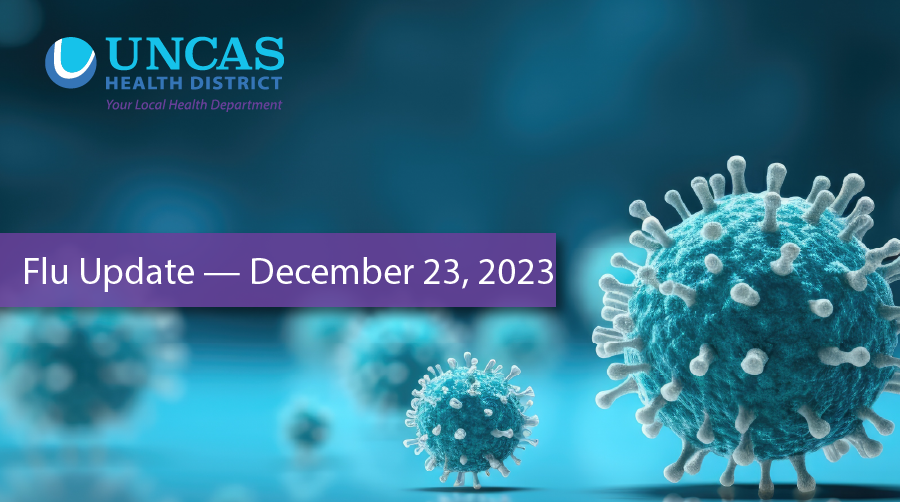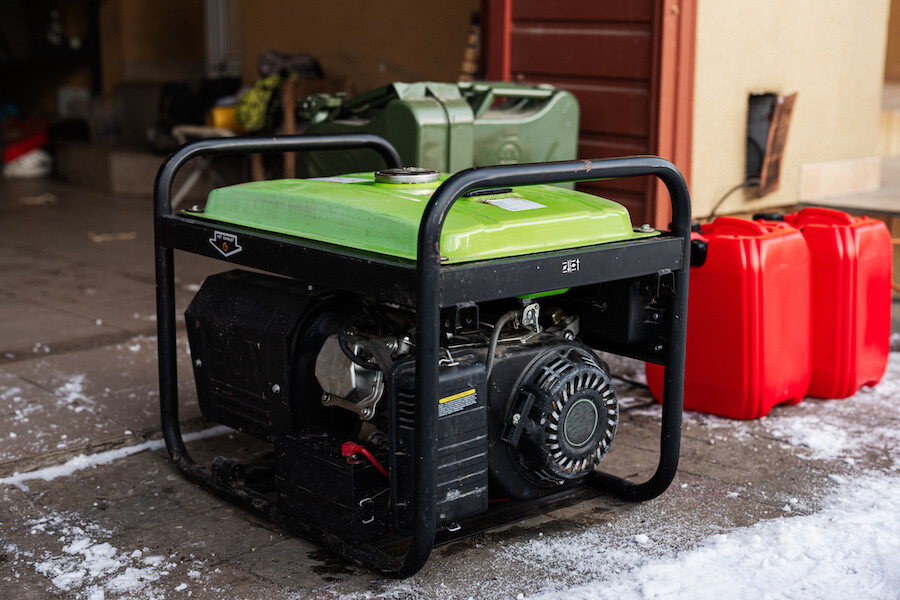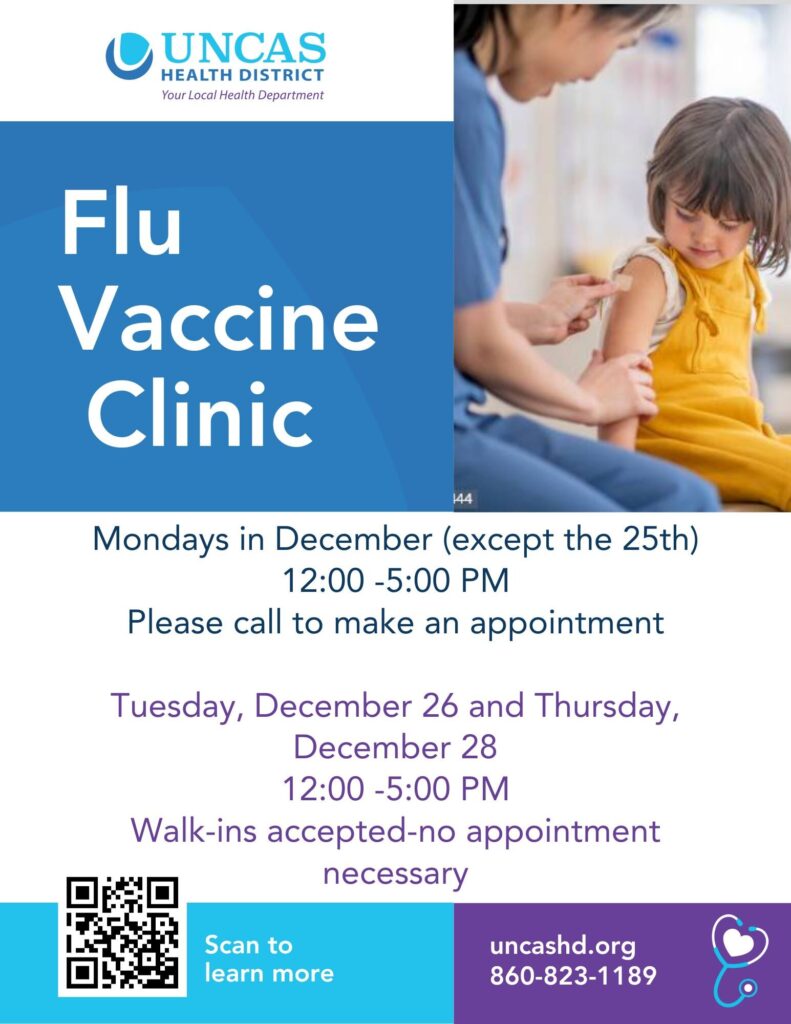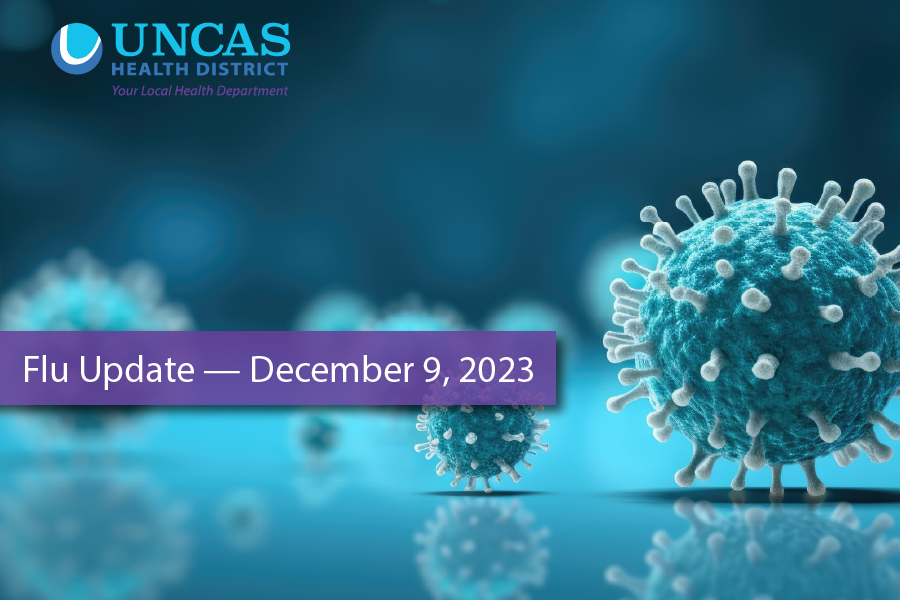As the days grow shorter and the temperatures drop, many people experience a shift in their mood and energy levels. This seasonal change can trigger a type of depression known as Seasonal Affective Disorder (SAD). SAD is characterized by a recurrent pattern of depressive symptoms that begin and end at about the same time each year, typically during the fall and winter months.
Symptoms of SAD:
- Feeling sad or depressed most of the day.
- Loss of interest or pleasure in activities you used to enjoy.
- Changes in appetite or weight (overeating or loss of appetite).
- Trouble sleeping or sleeping too much.
- Feeling sluggish or having low energy levels.
- Difficulty concentrating or making decisions.
- Feeling hopeless or worthless.
- Thoughts of suicide.
How SAD can impact your mental health
SAD can significantly impact various aspects of your mental health:
- Reduced motivation and productivity: SAD can make it difficult to concentrate, complete tasks, and maintain your usual level of activity.
- Social withdrawal: You may feel less inclined to socialize and participate in activities you used to enjoy, leading to feelings of isolation and loneliness.
- Increased anxiety and stress: SAD can exacerbate existing anxiety and stress levels, making it even harder to cope with daily challenges.
- Increased risk of suicidal thoughts and behaviors: In severe cases, SAD can lead to suicidal thoughts and behaviors.
Here are some helpful tips to minimize the impact of SAD:
Light therapy: Light therapy involves using a special light box that emits bright light similar to natural sunlight. Sitting in front of a light box for 30-60 minutes each morning can help regulate your body’s circadian rhythm and improve your mood.
Exercise: Regular exercise is a powerful mood booster and can help combat the symptoms of SAD. Aim for at least 30 minutes of moderate-intensity exercise most days of the week.
Get enough sleep: Aim for 7-8 hours of sleep each night. Maintaining a regular sleep schedule can help improve your mood and energy levels.
Eat a healthy diet: Eating a balanced diet rich in fruits, vegetables, and whole grains can help improve your mood and overall health.
Limit alcohol and caffeine: Alcohol and caffeine can worsen the symptoms of SAD. Try to limit your intake of these substances or avoid them altogether.
Spend time outdoors: Even on cloudy days, spending time outdoors can help improve your mood and energy levels. Make sure to dress warmly and bundle up in the winter months.
Connect with others: Social interaction is important for mental health. Make an effort to spend time with loved ones and participate in activities you enjoy.
Seek professional help: If your symptoms are severe or don’t improve with self-care, seek professional help from a therapist or counselor. They can provide you with additional support and guidance for managing SAD.
By taking steps to manage your SAD symptoms, you can enjoy a happier and healthier winter season.
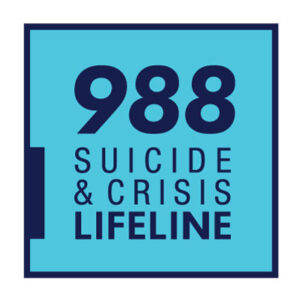
Additional resources:
By being proactive and implementing healthy coping strategies, you can overcome the challenges of SAD and embrace the winter months with a smile. Remember, you are not alone, and help is available.


